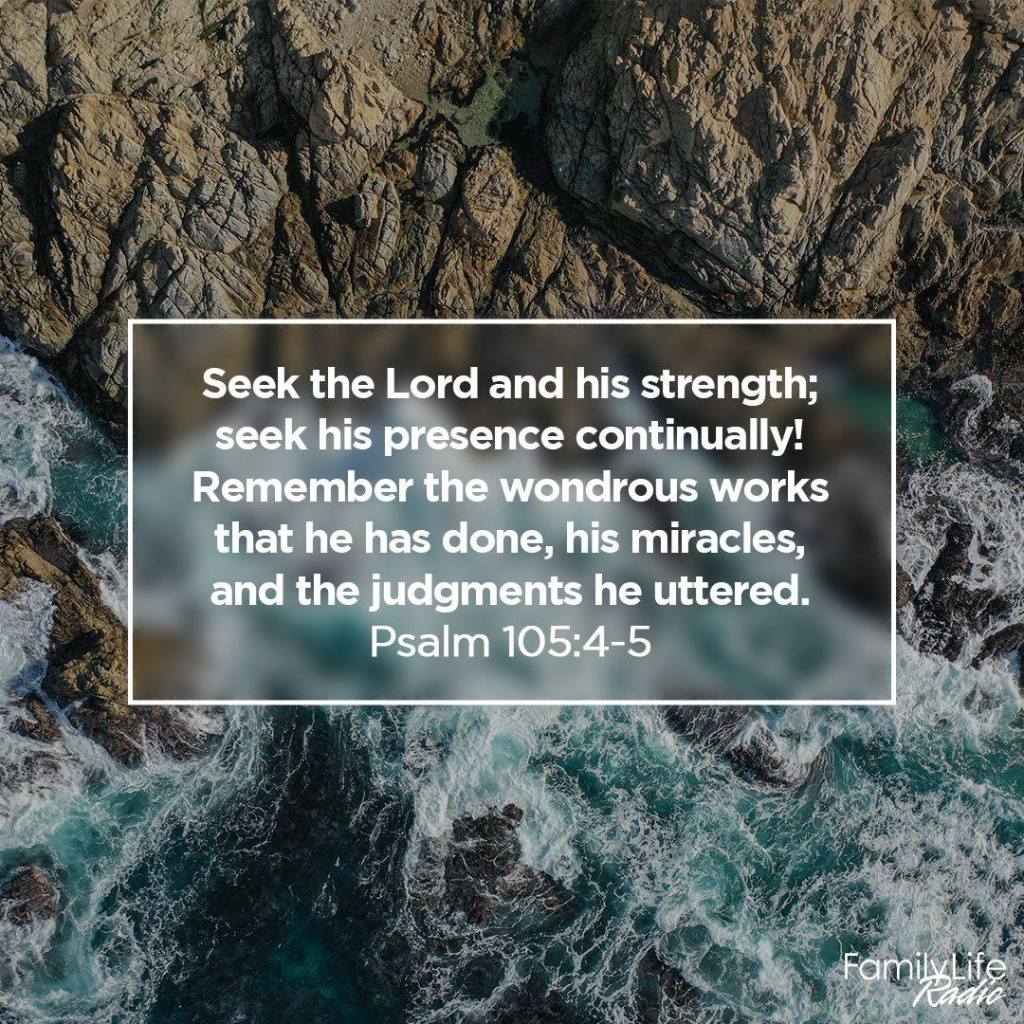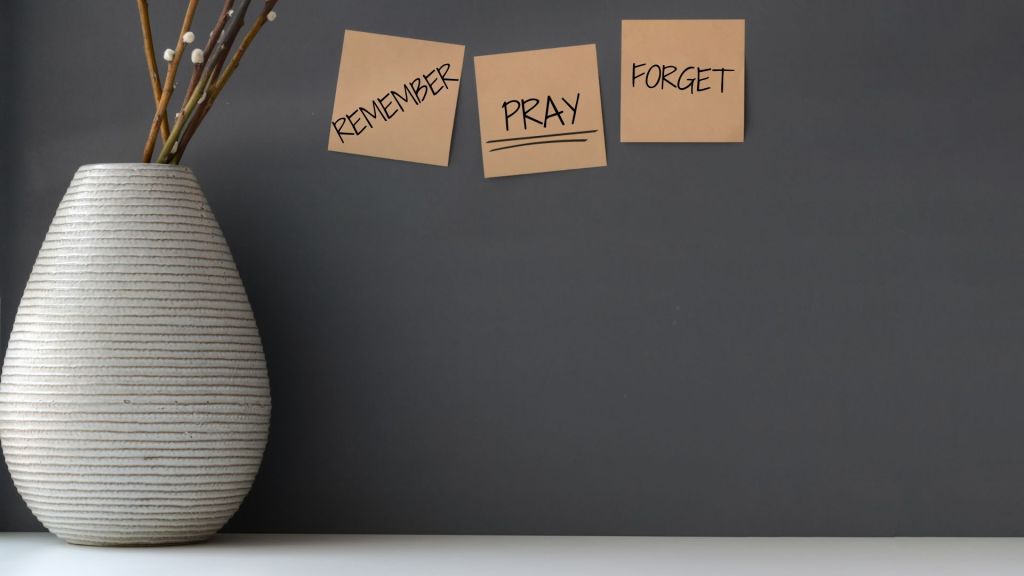
And he said to them, “O foolish ones, and slow of heart to believe all that the prophets have spoken! Was it not necessary the Christ should suffer these things and enter into his glory?” Luke 24:25-26
Have you ever found that when you’re listening to someone speak, whether you’re tracking along or not, if the speaker says, “Let me tell you a story,” suddenly you’re sitting up straighter, your antennae are up, and you are fully focused? Like, ‘Hey! We’re going to hear a story! This is going to be good!’
I believe humans are wired for story, and I also believe this is no accident on God’s part. Story has been around since the beginning of time. The term ‘Hero’s Journey’ was noted by American writer and mythologist Joseph Campbell in his 1949 book, “The Hero With a Thousand Faces.” The mythical Hero Story has been around since long before the time of Jesus. Campbell noted that many mythical hero stories follow the same narrative stages, no matter which culture or time period they come from. In the Hero Story, the protagonist, or Hero Archetype, faces challenges and obstacles, but he ultimately overcomes them to achieve his goal. Common elements include: the call to adventure, crossing the threshold, tests and enemies, the ordeal, the resurrection, the return, and the freedom to live.
In Luke 24, we meet a deeply depressed Cleopas and his companion as they travel the road to Emmaus. They are joined by the resurrected Christ, though they don’t recognize him. We’ll pick up the account in verse 18:
18 Then one of them, named Cleopas, answered him, “Are you the only visitor to Jerusalem who does not know the things that have happened there in these days?” 19 And he said to them, “What things?” And they said to him, “Concerning Jesus of Nazareth, a man who was a prophet mighty in deed and word before God and all the people, 20 and how our chief priests and rulers delivered him up to be condemned to death, and crucified him. 21 But we had hoped that he was the one to redeem Israel. Yes, and besides all this, it is now the third day since these things happened. …
(v25) And he said to them, “O foolish ones, and slow of heart to believe all that the prophets have spoken! 26 Was it not necessary that the Christ should suffer these things and enter into his glory?” 27 And beginning with Moses and all the Prophets, he interpreted to them in all the Scriptures the things concerning himself. 28 So they drew near to the village to which they were going. He acted as if he were going farther, 29 but they urged him strongly, saying, “Stay with us, for it is toward evening and the day is now far spent.” So he went in to stay with them. 30 When he was at table with them, he took the bread and blessed and broke it and gave it to them. 31 And their eyes were opened, and they recognized him. And he vanished from their sight. 32 They said to each other, “Did not our hearts burn within us while he talked to us on the road, while he opened to us the Scriptures?”
Cleopas and his friend had been with Jesus as he spoke to the crowds, and they told this ‘stranger’ that Jesus had been ‘a prophet mighty in deed and word.’ They had heard him speak, but somehow, they completely missed the point. It seems that all they heard was the promise of a Redeemer, setting their imaginations into hyperdrive and planting the hope that Israel’s long-awaited Hero had finally come onto the scene to rescue them from their current difficulties. We know this because they said they had hoped God would rescue or redeem Israel. They had desperately hoped this Redeemer would solve their now problems. But either they hadn’t been paying attention, or they just flat out didn’t believe what both the scriptures and Jesus had said was going to happen.
Or maybe they didn’t want to believe because the things he’d said didn’t make sense. It just didn’t match the narrative of the mythical Hero Story. They longed for a conquering king. They were probably hoping for a first century version of Die Hard’s John McClane to come busting into the Governor’s Palace, guns blazing. A hero, in their understanding, faces the evil enemy, throws him off a skyscraper, and sets the hostages free. He might get a little bloody, but he triumphs and saves the day. This is probably the age-old scenario their hearts were set on. They were, as Bonnie Tyler sang, “holding out for a hero.” (If an 80’s song is now stuck in your head, you’re welcome. 😉 )
Someone ‘holding out for a hero’ might call the story of a suffering, dying savior ‘foolish.’
1 Corinthians 1:18 says For the message of the cross is foolishness to those who are perishing, but to us who are being saved it is the power of God.
So who’s the real fool?
Jesus had spoken plainly to his followers of what was to come (as in Matthew 16:21, John 10:18) but even though he had spoken plainly, Cleo and his friend hadn’t seemed to hear him. Why?
Jesus tells us in Luke 24:25-26 “O foolish ones, and slow of heart to believe all that the prophets have spoken! Was it not necessary that the Christ should suffer these things and enter into his glory?”
The Amplified version says: And [Jesus] said to them, O foolish ones [sluggish in mind, dull of perception] and slow of heart to believe (adhere to and trust in and rely on) everything that the prophets have spoken!
It almost seems like they were choosing to be dense because they simply didn’t want to believe such a tragic scenario. Because who ever heard of a suffering, dying savior? What kind of Hero would willingly subject himself to being betrayed, disowned, deserted by his closest friends, arrested, falsely accused, conspired against, condemned, beaten, whipped, forced to carry his own instrument of execution, insulted, cursed, humiliated, nailed to a tree as others heaped insults on him, then left to die a slow, excruciating death like a criminal, or worse, like a helpless victim?
By common mythology standards, this was NOT a Hero Story. This was a Tragedy.
But as the resurrected Christ walked along the road with these dejected men, he turned the pages of this apparent Tragedy back to the beginning and showed them how God, the Master Storyteller, had written the most Epic Hero Story of all time. And as that story unfolded, their ‘hearts burned.’ They begged Jesus to stay – presumably so they could hear more of this heart-pounding story. The story that wasn’t over! The story that they were part of. The Epic Hero Story that was turning out to be an Epic Love Story.
“But God shows his love for us in that while we were still sinners, Christ died for us.” Romans 5:8
The Bible is filled with passages telling us that Love is the #1 driving force behind God’s amazing redemption story (see 1 John 3:1, 1 John 4:9-10, John 3:16, Eph 2:4-5, Eph 3:19, Isaiah 54:10, Galatians 2:20 for starters).
One final thought: the Old Testament contains numerous accounts of people doubting or questioning what God had promised, like Abraham and Sarah, Zechariah, and the exiles in the wilderness. And many times, questioning God brought devastating consequences, like Adam and Eve. But after Christ’s sacrifice and resurrection, this story of 2 blockheads doubting God’s promised plan of redemption ended not with devastating consequences, but with a beautiful, restorative moment as Jesus lovingly, graciously showed them how to look into God’s word and “see” the bigger picture. He opened their eyes to see the unfolding of God’s amazing plan of redemption. He showed them how God so loved the world that he gave his only Son so that whoever believes in Him would not perish but have eternal life. He showed them a Savior who willingly paid the penalty for their sins, a Savior whose story didn’t end on a wooden cross, but one whose death had conquered the sin barrier between God and man and whose resurrection would change things forever. He showed them how God’s plan all along was to send his only beloved Son to rescue the captives and set the prisoners free, and that this had been completed. It was finished! He was alive! And before making his final ascent into Heaven, he took time to encourage their hearts and strengthen their faith. What love! What compassion! What a Savior!
Elizabeth said it best to Mary in Luke 1:45 (NIV) “Blessed is she who has believed that the Lord would fulfill his promises to her!”
Has there been a time that you doubted or questioned God’s promises or his unfailing love? What advice would you give someone who is struggling to believe the promises in God’s word?










 Author Roseanna White posted about Broken Vessels on her blog today, and I
Author Roseanna White posted about Broken Vessels on her blog today, and I 

 I recently read
I recently read 





